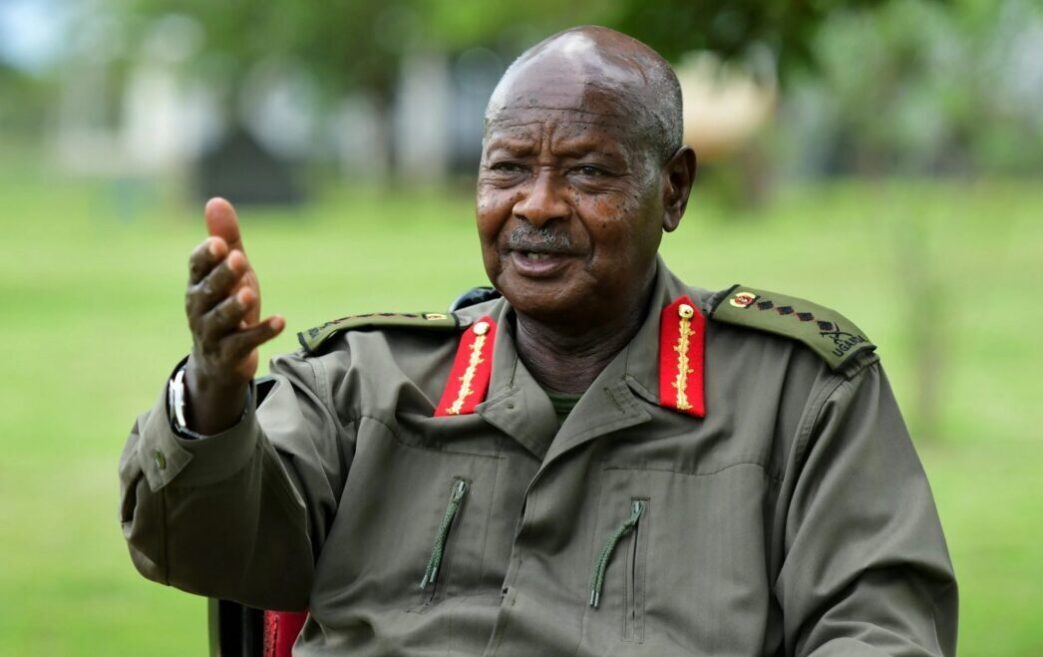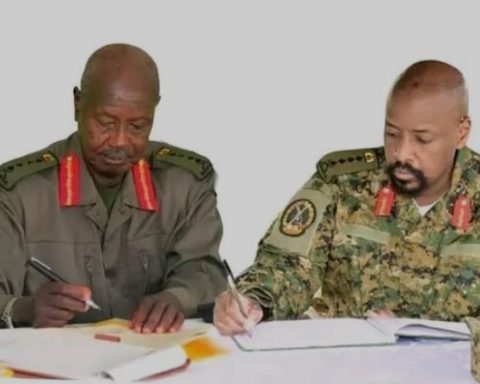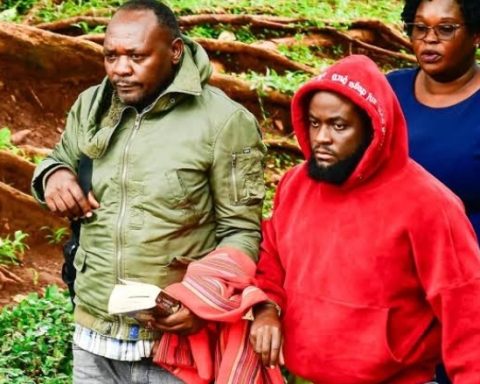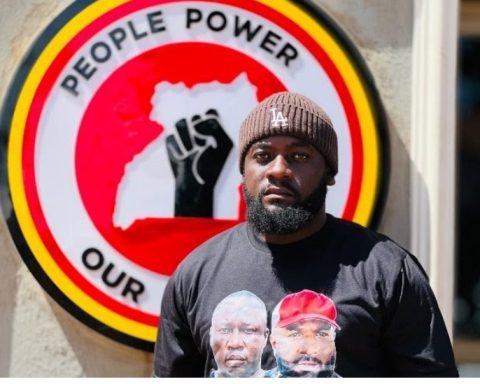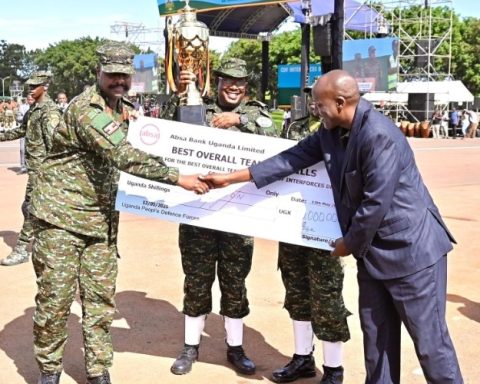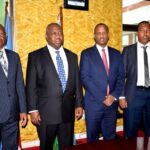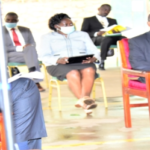President Yoweri Museveni has instructed the Uganda People’s Defence Forces (UPDF) to actively counter any form of political intimidation within the country. Chairing the UPDF High Command and Defence Council meetings held at State House Entebbe on Wednesday and Thursday, Museveni emphasized the army’s role in defending Uganda’s democratic space from harassment and threats.
According to Col. Chris Magezi, head of UPDF’s Public Information Office, the President directed the military to extend its vigilance beyond peacekeeping missions abroad in countries such as the Democratic Republic of Congo, South Sudan, Somalia and to address threats to political freedoms at home.
“President Museveni urged the UPDF to shield Uganda’s democratic processes by stopping the intimidation and harassment of individuals with differing political views,” a UPDF statement noted.
The meeting, which reviewed both national security and regional dynamics, reiterated the importance of maintaining internal peace while supporting regional stability initiatives. Museveni stressed that the military’s responsibility includes ensuring no Ugandan is victimized for their political beliefs.
These remarks come amid ongoing concerns over the treatment of opposition members, particularly those affiliated with the National Unity Platform (NUP). Recent incidents have seen several NUP supporters, including Eddie Mutwe, reportedly abducted. General Muhoozi Kainerugaba has also taken to social media to warn NUP against defying state authority.
“The President emphasized that achieving long-term stability in Uganda and across the continent requires a commitment to both national security and regional cooperation,” the statement added.
Following the meeting, General Muhoozi expressed gratitude to President Museveni for his guidance and assured the public that Uganda remains secure. He noted the army’s continued investment in improving its capacity to protect citizens, national resources, and support economic progress.
He also highlighted UPDF’s growing collaboration with other militaries across Africa, especially in joint training and security initiatives aimed at promoting shared prosperity.
The Defence Council was attended by senior military figures including Deputy CDF Lt Gen Sam Okiding, Commander of Land Forces Lt Gen Kayanja Muhanga, Reserve Forces Commander Lt Gen Otema Awany, Air Force Commander Lt Gen Charles Okidi, and SFC Commander Maj Gen David Mugisha. Defence Minister Jacob Oboth Oboth, Minister of State for Defence Huda Oleru Abason, and Permanent Secretary Rosette Byengoma were also present.
Meanwhile, opposition leaders continue to raise alarm over what they describe as the UPDF’s heavy-handed involvement in Uganda’s political affairs, especially during election periods.
The recent Kawempe North by-election in March became a flashpoint, with opposition supporters and politicians from the NUP reportedly assaulted by security forces, including units from the Joint Anti-Terrorism Taskforce (JATT). Journalists covering the event were also reportedly targeted.
During this by-election, some NUP members were allegedly abducted, blindfolded, and bundled into vehicles commonly referred to as “Drones.” Victims such as Mathias Walukaga (Mayor of Kyengera), MP Hillary Kiyaga (Mawokota North), and Julius Mutebi (Mayor of Kira Municipality) later claimed they were beaten and mocked for their loyalty to NUP President Robert Kyagulanyi, also known as Bobi Wine.
According to the victims, soldiers taunted them to call on Bobi Wine or Kabaka Mutebi for rescue. Upon release, they bore visible injuries and required hospitalization for treatment.
These incidents have drawn criticism from human rights groups and opposition figures, who argue that UPDF’s political involvement undermines democracy and fuels public fear.

